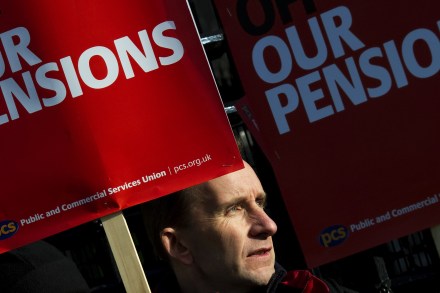The week that was | 2 December 2011
Here are some of the posts made on Spectator.co.uk over the past week: The Autumn Statement Fraser Nelson says that, with growth evaporating, Osborne’s chosen more debt over more cuts. Peter Hoskin points out that the dreary forecasts might actually be far too optimistic. James Forsyth thinks Osborne did well considering the situation, and still has the upper hand. Jonathan Jones looks at what the public made of it all. And Peter Hoskin and Jonathan Jones present the key points in chart form. Fraser Nelson sifts through the latest report on this summer’s riots. Peter Hoskin takes a stroll around Westminster to meet the strikers. James Forsyth says Marty Feldstein’s right:












